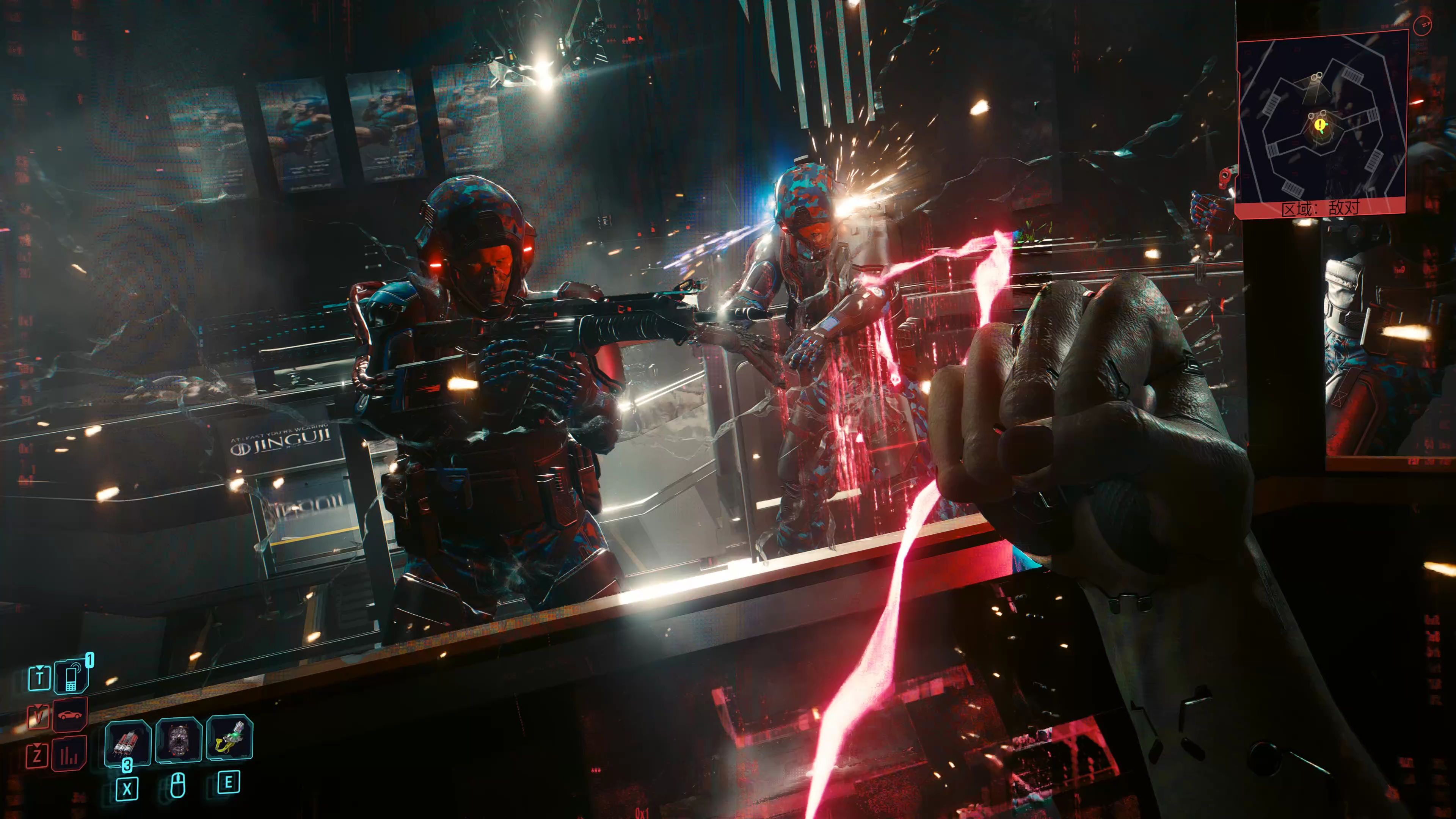Fire Emblem and the majority of mainstream Japanese role-playing games (JRPGs) share a common ancestry in fantasy storytelling, often drawing from medieval European history, mythology, and archetypes. Themes of war, empire, rebellion, and class disparity are staples of the genre. Yet, beneath this surface-level similarity lies a profound divergence in approach, particularly in how the Fire Emblem series, especially its modern iterations, handles political storytelling. While many JRPGs use political conflict as a backdrop for a grand, personal adventure, Fire Emblem systematically makes the political landscape the very engine of its narrative, character development, and, most importantly, its gameplay. This integration creates a distinct form of political storytelling that is less about spectacle and more about tangible, often painful, consequence.
The primary difference lies in the narrative's point of view. A typical JRPG with political themes—such as Final Fantasy XII, Suikoden, or Tales of Berseria—is often told through the lens of a central protagonist or a small, core group. The political machinations of empires and republics are something they witness, react to, and ultimately must overcome. The narrative is external; the party are participants in a larger play, but the script is largely written by the antagonists. The political world is a setting, a source of conflict and quests, but the emotional core remains the personal journey of the heroes—avenging a loss, finding a place in the world, or fulfilling a destiny.
Fire Emblem, particularly from Awakening onward, flips this dynamic. The player assumes the role of a tactical commander, often a figure of significant political or military rank like a prince, princess, or general (Byleth, the professor, being a notable exception whose influence is nonetheless immense). The political world is not an external force acting upon the player; the player is a part of that political force. The narrative is internal to the conflict. The decision to ally with one nation, declare war on another, or quell a internal rebellion is not a plot point that happens to the party; it is a direct result of the player's role as a leader. This shift from a reactive participant to an active leader fundamentally changes the stakes. The politics are no longer a backdrop; they are the job description.
This leadership role is inextricably linked to the game's core mechanic: permadeath and unit management. In most JRPGs, the party is a fixed set of characters. Their fates are sealed by the narrative. In Fire Emblem, an army is composed of dozens of unique characters, each with their own class, backstory, personality, and political allegiances. The political storytelling is thus decentralized from a single protagonist and woven into the very fabric of the army. A knight from the Holy Kingdom of Faerghus in Three Houses carries the cultural baggage, prejudices, and loyalties of his homeland. His support conversations with a commoner from Leicester or an imperial noble from Adrestia aren't just charming side stories; they are microcosms of the larger political and social tensions tearing the continent apart.

This is where Fire Emblem's political narrative achieves a depth rarely seen in the genre: consequence. In a standard JRPG, a city might be destroyed by the villain's superweapon to demonstrate their evilness. It's a tragic event, but it is a scripted, unavoidable plot moment. In Fire Emblem, the loss is personal and preventable. If a character dies in battle due to a tactical error, they are gone forever. Their potential storyline, their relationships, and their future contributions vanish. This mechanic transforms political war from an abstract concept into a series of painful, personal losses. The cost of a failed strategy or a misguided charge isn't just a "Game Over" screen; it's the permanent erasure of a character you've invested in. The political conflict literally claims the lives of your friends, mirroring the true, gruesome cost of war in a way that a cutscene never could.
Furthermore, Fire Emblem often explores morally grey territories, a trait it shares with some of the more ambitious JRPGs but executes differently. Fire Emblem: Three Houses is the apex of this approach. There is no clear, overarching "evil" empire; instead, there are three nations, each with a compelling, if flawed, ideology. The Adrestian Empire seeks to overthrow a corrupt and oppressive central church. The Holy Kingdom values chivalric tradition and stability above all else. The Leicester Alliance champions meritocracy and freedom. Choosing a house is not choosing between good and evil, but between competing visions for the future of the continent. The game forces the player to become complicit in a political struggle where "right" and "wrong" are matters of perspective. The narrative doesn't just present political ideas; it makes the player enact them, live with their consequences, and ultimately be responsible for the bloodshed required to achieve them.
In contrast, even politically complex JRPGs tend to resolve into a more binary conflict. Final Fantasy XII begins with a nuanced setting of empire and resistance, but ultimately frames the ancient Occurians as the true manipulators, simplifying the political conflict into a more familiar good-versus-ancient-evil paradigm. The politics become a smokescreen for a larger, supernatural threat. Fire Emblem games, while certainly featuring magical elements and ancient dragons, typically ensure these forces are deeply intertwined with the human political structure. The dragons aren't separate from the politics; they are the foundation of the church's religion, the source of a king's power, or the secret behind an emperor's bloodline. The supernatural augments the political conflict rather than replacing it.
In conclusion, the difference between Fire Emblem's political storytelling and that of its JRPG peers is one of integration and agency. Where other games use politics as a stage for a character-driven epic, Fire Emblem builds its narrative, character development, and core gameplay mechanics around the realities of political leadership and warfare. It forces the player to not just witness political decisions, but to make them. It doesn't just tell you war is hell; it makes you feel its cost every time a unique unit falls in battle. By marrying its strategic gameplay with a decentralized narrative focused on a vast array of characters, Fire Emblem creates a powerful and immersive simulation of political conflict, where every choice has weight and every victory is tempered by loss. It is a series that asks not just "how do we save the world?" but "what kind of world are we saving, and what price are we willing to pay to build it?"















